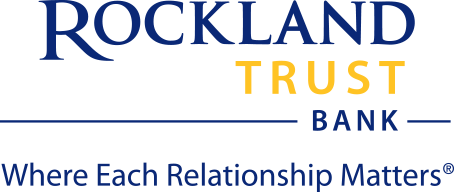

At the risk of sounding like your mom, we all know that we should be saving more for everything from emergencies to retirement. You might already have a dedicated savings account for different things like vacations, big events like a wedding or buying a home. But, are you confident that you have the right type of account to meet your financial goals?
Different savings account types have different advantages. In this guide, we’re going to break down three types of savings accounts and how these accounts can help you devise a savings strategy that will make your mother proud.
Savings Account
You’ve probably had a savings account since you were kid. These accounts earn interest and many don’t incur fees, and if they do, those fees are often waived if you meet certain conditions. The main advantage of a regular savings account is that you can fairly easily access your money when you need it. This is great for short-term expenses, such as car repairs or buying a new laptop.
CD
We aren’t referring to those old-school discs that play music, but rather a Certificate of Deposit, which is a type of account where a deposit is held for a certain amount of time and generates interest. The fixed rate means you will earn more over the specified period of time than you would in a savings account. Think of a CD as a set-it-and-forget-it account - the longer the term, the more money you earn. It’s important to keep in mind that withdrawing your money early from a CD results in paying a penalty fee. If you have cash that you can leave untouched for months or years, this might be an option for you because it will grow your investment.
Money Market Account
A Money Market account combines the best of both worlds. Not only do these accounts earn higher interest than conventional savings products to help you quickly build up reserves, but they also allow you to withdraw money. There may be, however, limits on the number of transactions that can be completed in a month. It’s also important to note that the minimum balance requirement to avoid fees tends to be higher than that of a traditional savings account. This option might be a good bet for you if you need to start an emergency fund in case your car finally gives up or your best friend asks you to be in her wedding, requiring an expensive bridesmaid’s dress, attending (or throwing) bachelorette party, etc.
How can I easily compare these accounts?
There are few things you want to keep in mind when doing your homework and considering which account type is best. You’ll want to note minimum deposits and assess the impact of potential fees. Because interest can compound daily, monthly, quarterly, or annually, it can be hard to make apples-to-apples comparisons of accounts and determine which best makes your money work for you. Enter your comparison partner, APY, or Annual Percentage Yield. Measuring the percentage of interest earned over the course of year, APY is useful because it takes compounding into consideration. The APY on an account may be slightly different than the interest rate.
We all know that savings accounts are important tools that help achieve financial goals, like owning a home or paying off debt. Many don’t realize there are several options to grow their money. We’d love to meet with you at one of our Rockland Trust branches to answer additional questions you may have and discuss what options best fit your financial needs.
Get the latest financial tips and advice by signing up to receive our emails.
Rockland Trust Online Banking gives you a variety of services that help you use and manage your accounts, whenever and wherever you want.
* indicates a required field.
Rockland Trust makes it easy to manage all of your accounts with our simple online portals.
Rockland Trust gives you a variety of services that help you use and manage your accounts, whenever and wherever you want.
* indicates a required field.



